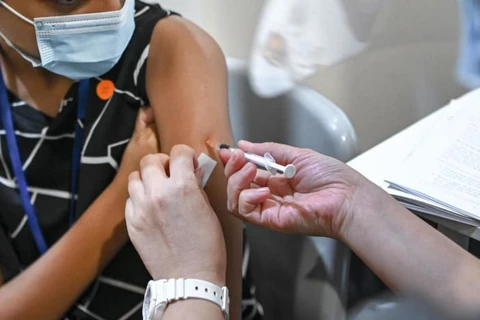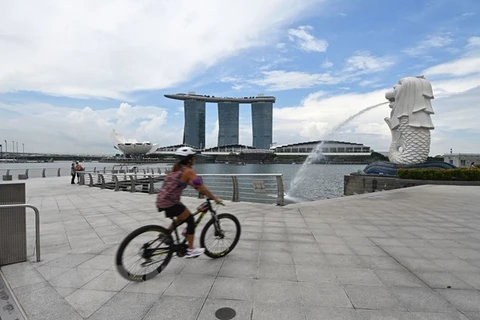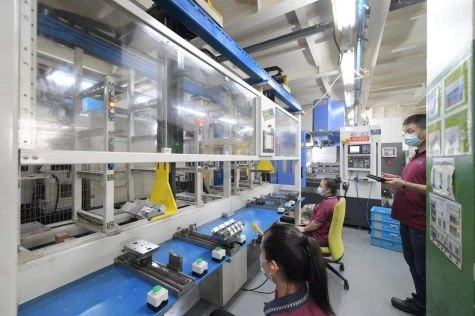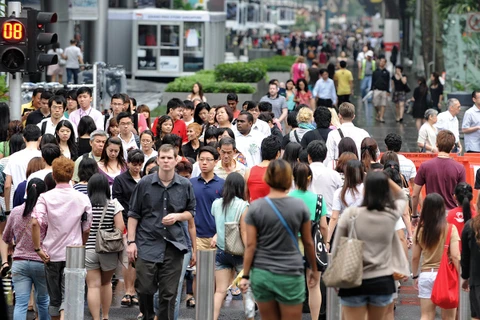Singapore (VNA) – Singapore spent 72.3 billion SGD (51.3 bilion USD) on fighting the COVID-19 pandemic over the past two fiscal years, Singapore’s Second Minister for Finance Indranee Rajah said at a recent meeting of the country's parliament.
Of this sum, 13.4 billion SGD went to public health measures. Another 50.6 billion SGD was used to assist workers and businesses, while 8.3 billion SGD for household and social support.
The amount was lower than the 100 billion SGD the Government had earlier committed, said Indranee.
She attributed the lower spending to the fact that that the Government had initially set aside loan capital in financial year 2020 in anticipation of a tight credit market, but this was not needed, adding that under-utilisation in public health spending was also a reason.
The Ministry of Finance (MOF) has started a review of controls and checks on pandemic-related procurement and expenditure since earlier this year, Indranee said.
Drawing lessons from COVID-19 experience and report from the Auditor-General’s Office, the MoF is reviewing guidelines on procurement, contract management and payment to ensure its control measures are appropriate for future emergencies, she said./.
























